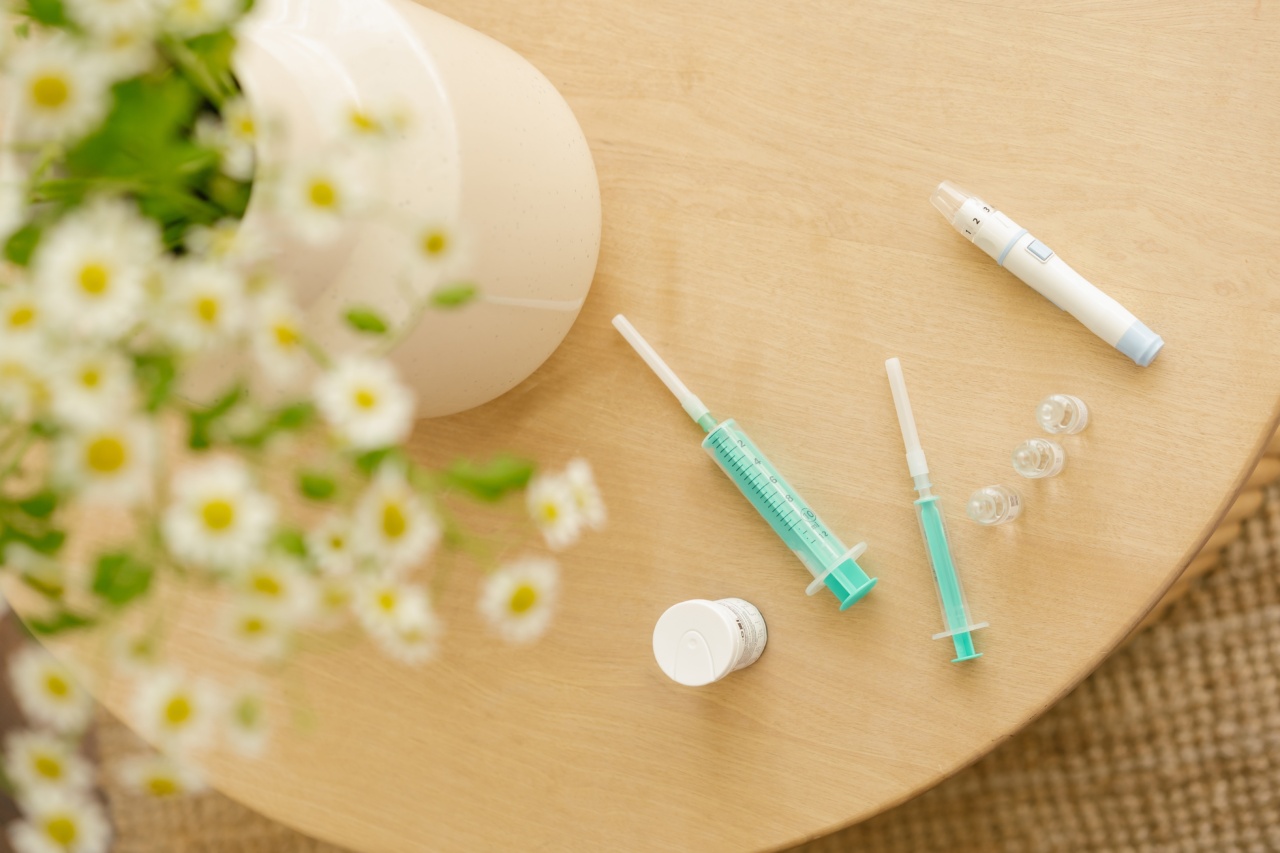Diabetes is a chronic condition that affects millions of people worldwide. It occurs when the body is unable to regulate blood sugar levels properly.
While medications play a vital role in managing diabetes, there are also natural ways to control and even beat diabetes without relying solely on drugs. In this article, we will explore various strategies and lifestyle modifications that can help you achieve better control over your blood sugar levels and improve your overall health.
Eat a Balanced Diet
One of the most critical factors in managing diabetes is following a healthy and balanced diet. Include a variety of nutrient-rich foods such as fruits, vegetables, whole grains, lean proteins, and healthy fats in your meals.
Avoid sugary and processed foods, as they can cause spikes in blood sugar levels. Aim for portion control and distribute your carbohydrate intake throughout the day.
Regular Exercise
Engaging in regular physical activity is crucial for managing diabetes. Exercise helps improve insulin sensitivity, allowing your body to use glucose efficiently.
Choose activities you enjoy, such as walking, cycling, swimming, or dancing, and aim for at least 150 minutes of moderate-intensity exercise per week. Consult with your healthcare provider to determine the appropriate exercise plan for your condition.
Monitor Blood Sugar Levels
Regularly monitoring your blood sugar levels is essential to keep track of your progress and make necessary adjustments to your lifestyle. Use a glucose meter to measure your blood sugar levels at different times of the day.
This information will help you understand how certain foods, exercise, and medications affect your blood sugar levels, enabling you to make informed decisions about your diabetes management.
Stress Management
Stress can significantly impact blood sugar levels and overall diabetes management. Practice stress reduction techniques such as meditation, deep breathing exercises, yoga, or engaging in hobbies you enjoy.
Prioritize self-care and take measures to minimize and manage stress in your daily life.
Proper Sleep
Adequate sleep is crucial for maintaining optimal health, including managing diabetes. Poor sleep can disrupt insulin production and increase insulin resistance, leading to high blood sugar levels.
Aim for 7-8 hours of uninterrupted sleep each night and establish a regular sleep routine that promotes relaxation.
Stay Hydrated
Drinking plenty of water is vital for everyone, especially for individuals with diabetes. Proper hydration helps your body eliminate excess sugar through urine and prevents dehydration, which can affect blood sugar levels.
Carry a water bottle with you throughout the day and make it a habit to sip water frequently.
Weight Management
Maintaining a healthy weight is crucial for managing diabetes effectively. Excess weight, especially around the waistline, can increase insulin resistance and lead to higher blood sugar levels.
Make lifestyle changes that promote gradual and sustainable weight loss, such as incorporating regular exercise and following a balanced diet.
Avoid Smoking and Alcohol
Smoking and excessive alcohol consumption can worsen diabetes complications and increase the risk of developing other health issues such as heart disease and nerve damage.
Quit smoking and limit alcohol consumption to moderate levels or eliminate it entirely if advised by your healthcare provider.
Include Fiber in Your Diet
Dietary fiber plays a significant role in managing diabetes as it slows down the absorption of glucose and helps improve blood sugar control. Include fiber-rich foods such as whole grains, legumes, fruits, and vegetables in your meals.
Aim for at least 25 grams of fiber per day for women and 38 grams for men.
Stay Educated and Involve Your Support Network
Diabetes management is an ongoing process that requires staying informed and involved. Educate yourself about diabetes, its complications, and the latest advancements in treatment.
Involve your support network, including healthcare professionals, family, and friends, to help you stay motivated and accountable in managing your diabetes effectively.
Conclusion
While medication can be essential for some individuals with diabetes, incorporating these lifestyle modifications and natural strategies can significantly improve your diabetes management and even help you beat diabetes without relying solely on drugs. By adopting a balanced diet, engaging in regular exercise, managing stress, and staying vigilant about your blood sugar levels, you can lead a healthier and more fulfilling life while effectively managing your diabetes.






























